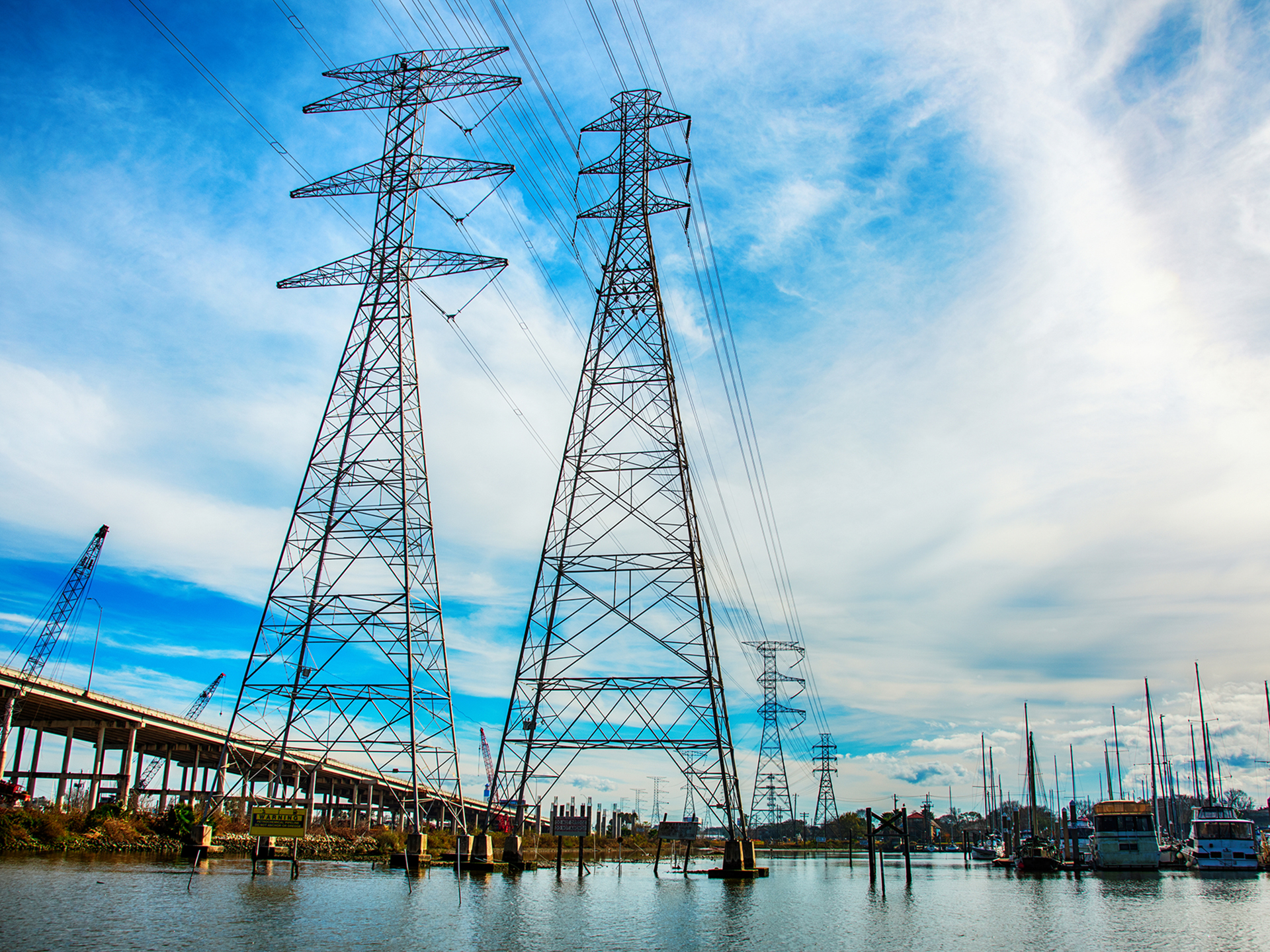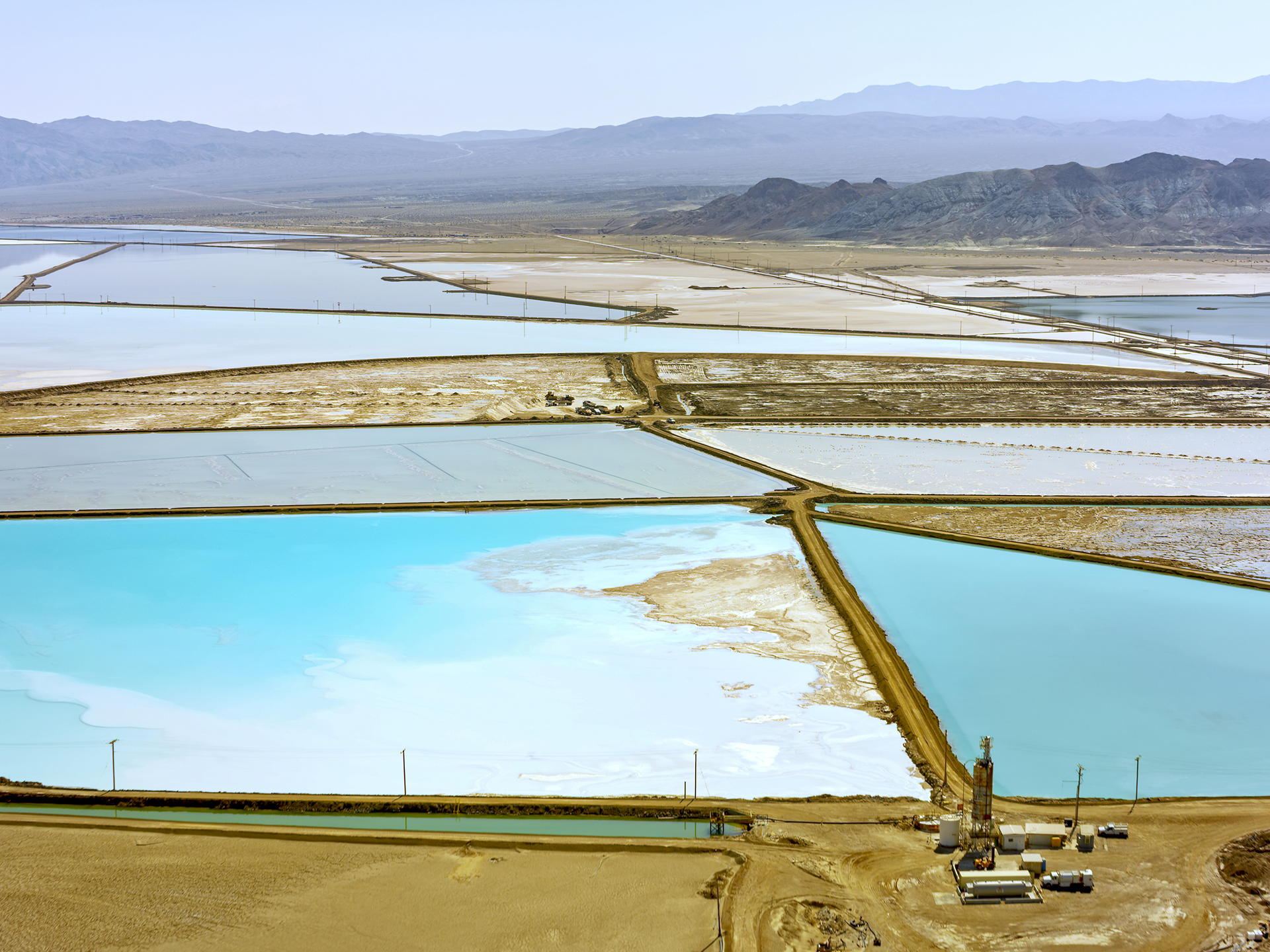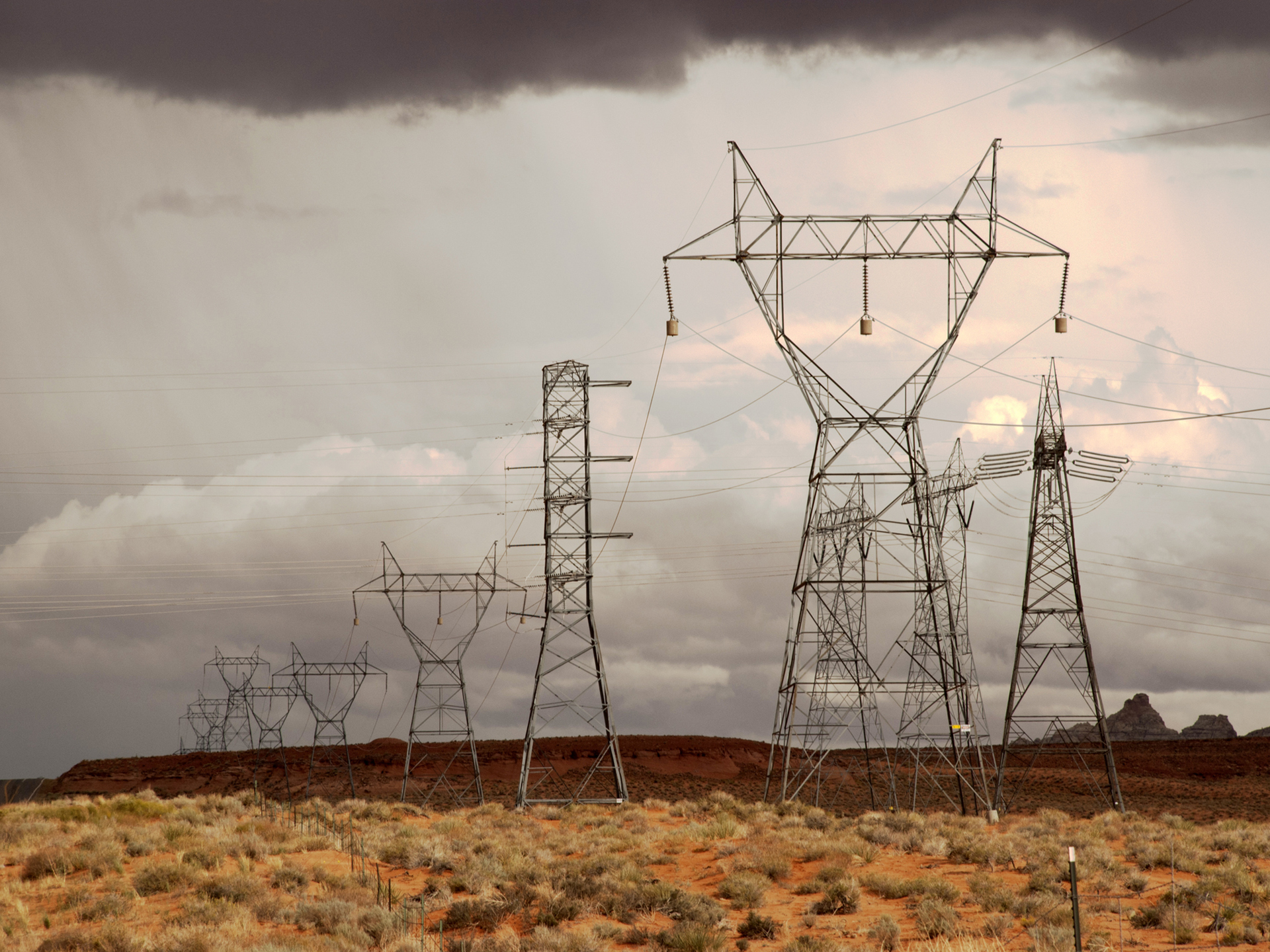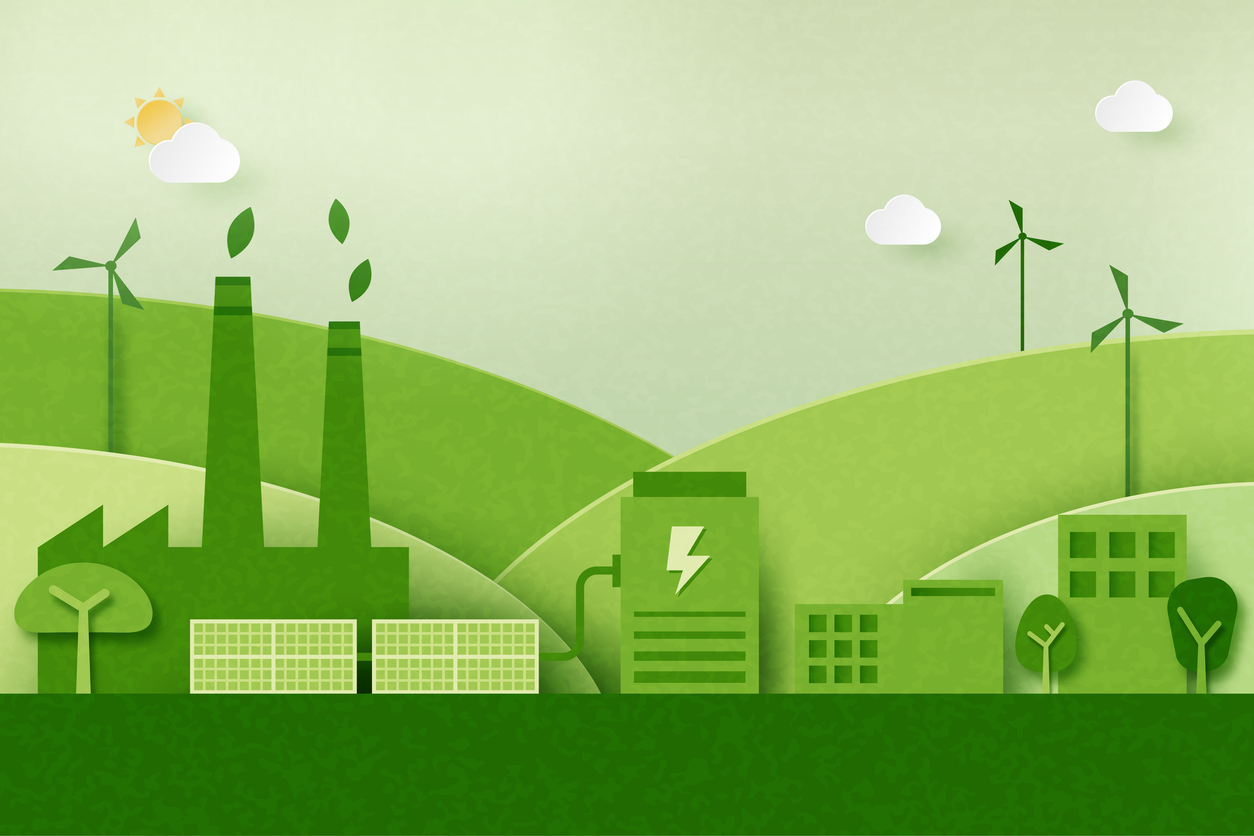
The Next Front in the War Against Climate Change
Clean-energy investment in America is off the charts—but it still isn’t translating into enough electricity that people can actually use. In 2023, the U.S. added 32 gigawatts of clean electricity to the grid in the form of new solar, battery storage, wind, and nuclear. It was a record—but it was still only about two-thirds of what’s necessary to stay on track with the Inflation Reduction Act's goal of reducing emissions by 40 percent by 2030. In this piece from The Atlantic, MIT Institute Innovation Fellow Brian Deese discusses what he sees as the next phase of necessary reforms in the electricity market to meet these targets.
Learn More
The Roosevelt Project: A Fairer Path to Decarbonization
An article in the Spring 2024 issue of MIT Spectrum highlights the work being done at the Roosevelt Project where MIT researchers build case for cleaner energy that brings greater economic opportunity to low-income communities. “Our mission is to understand how the country could decarbonize while boosting economic opportunities for at-risk communities. If laws and bills are written correctly, these communities can grow while still decarbonizing,” says Christopher R. Knittel, the George P. Shultz Professor of Energy Economics and professor of applied economics at the MIT Sloan School of Management and a Roosevelt Project researcher.
Learn More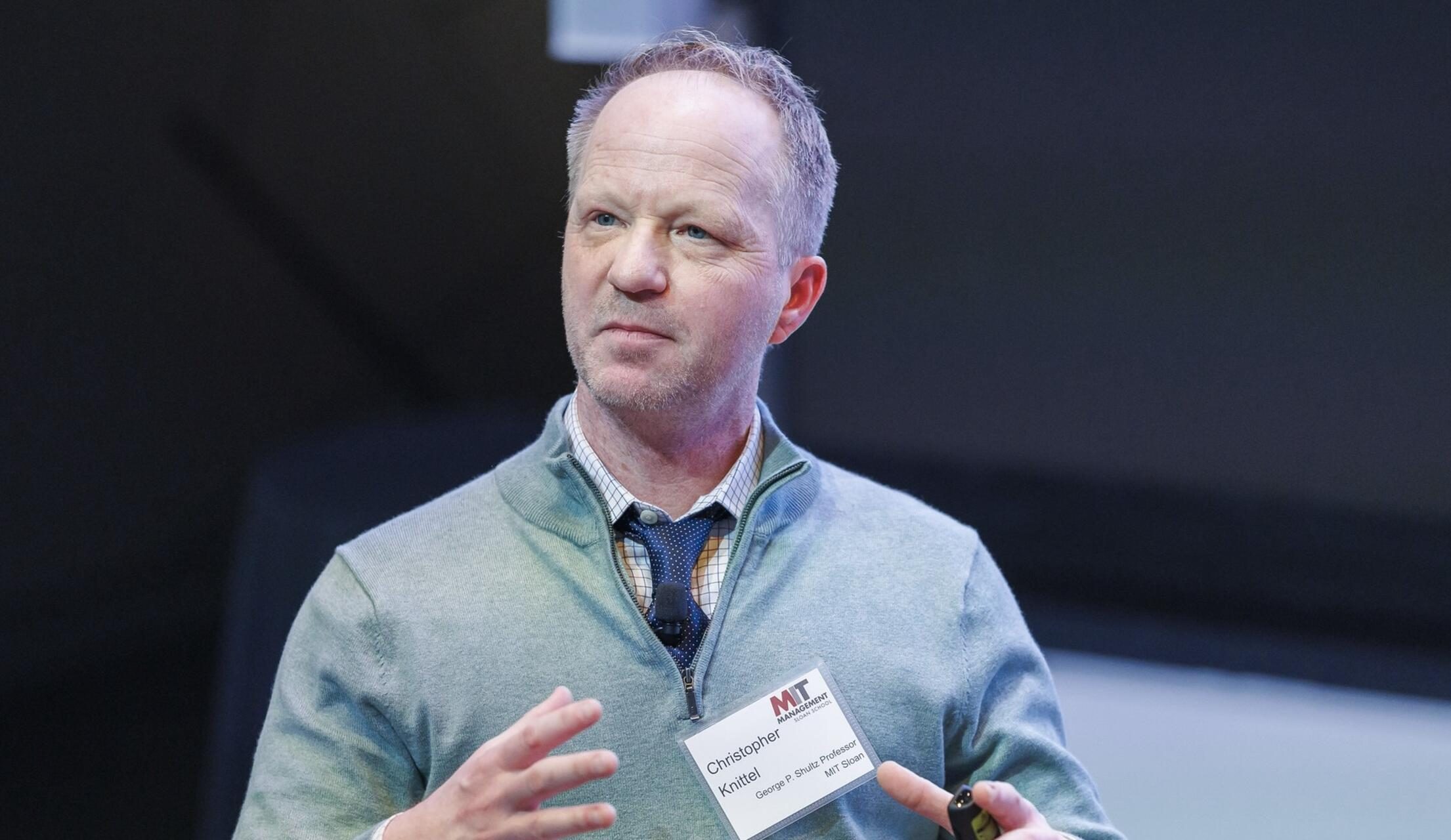
MIT Sloan's Climate Catalysts Thrive on Collaboration
“MIT is never better than when we come together to solve big problems,” said MIT President Sally Kornbluth in a video announcing the launch of the Climate Project at MIT. This emphasis on collaboration was apparent during the MIT Sloan Climate Catalysts: Sparking Change event at the MIT Museum. Held shortly after the announcement of the MIT Climate Policy Center, the event celebrated MIT Sloan’s contributions to the climate space. Knittel, who will be named associate dean of climate at MIT Sloan effective July 1, kicked off the lightning talks with an overview of the MIT Climate Policy Center. “Climate change is, by its nature, an interdisciplinary problem,” said Knittel. “We won't just solve it alone through technology. We need the other disciplines to solve climate change.”
Learn More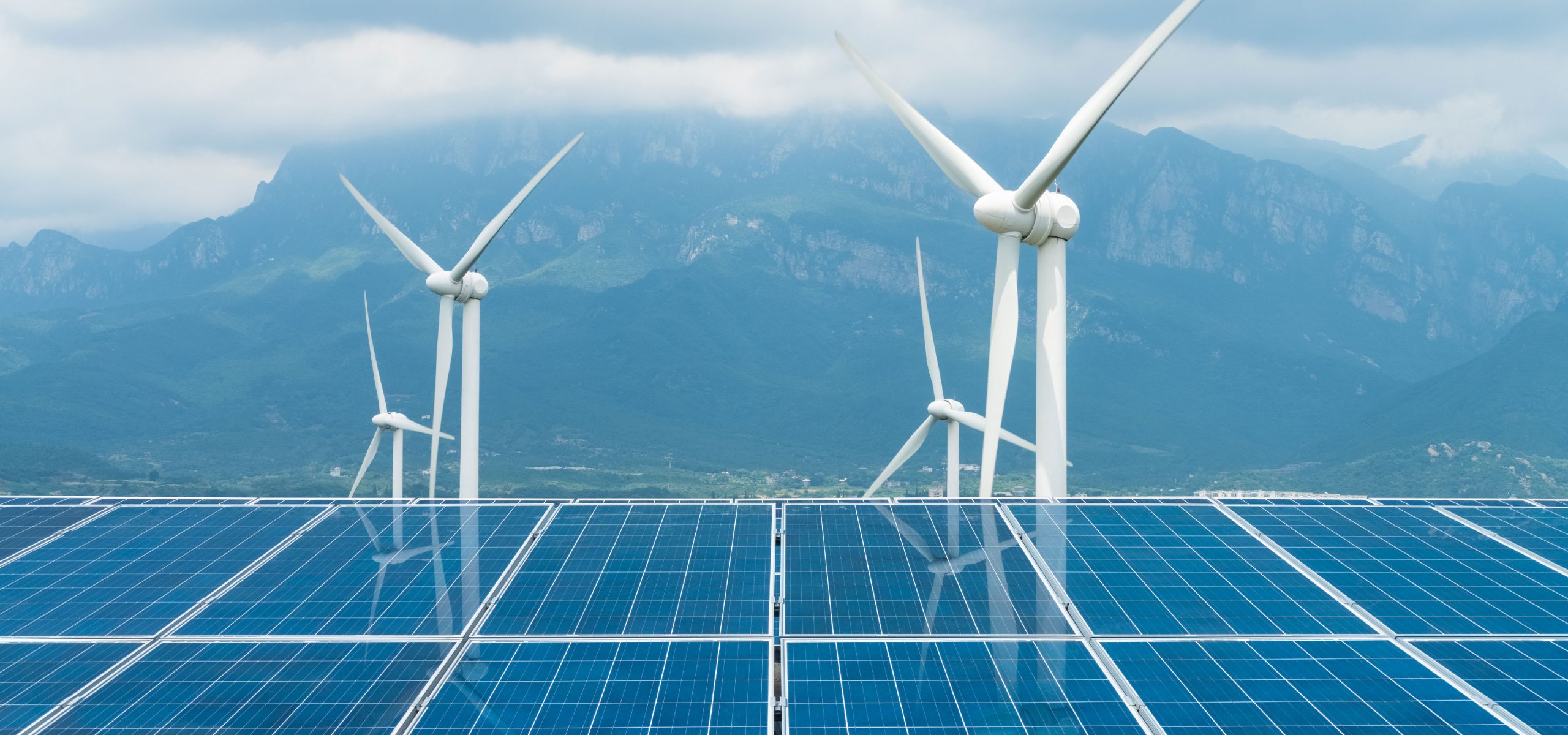
Clean Investment
Monitor
The Clean Investment Monitor (CIM) is a joint project of the MIT Center for Energy and Environmental Policy Research (CEEPR) and the Rhodium Group. The CIM tracks public and private investments in climate technologies in the United States. Through this data and analysis, the CIM provides insights into investment trends, the effects of federal and state policies, and on-the-ground progress in the U.S. towards net-zero greenhouse gas emissions.
The CIM covers dozens of different technologies and their input components across all sectors of the economy, including for clean electricity and transportation, building electrification, low-emission industrial production, and carbon management.
Learn More
Climate Action
Through Education
The MIT Climate Action Through Education (CATE) program, directed by Professor Christopher R. Knittel, has developed an MIT-informed interdisciplinary, place-based climate change curriculum for U.S. high school teachers in the following core disciplines: History/Social Science, English/Language Arts, Math, and Science.
Curricular materials – labs, units, lessons, projects – will be aligned with Next Generation Science Standards, and MA education standards. The solutions-focused curriculum aims to inform students about the causes and consequences of anthropogenic climate change, while equipping them with the knowledge and sense of agency to contribute to climate mitigation, adaptation and resilience.
Learn More
Driving Towards
Seamless Public
EV Charging
Widespread electric vehicle (EV) adoption is critical to confronting climate change – but a lack of sufficient public charging infrastructure is holding many potential EV drivers back. A team of researchers from Harvard and the MIT Center for Energy and Environmental Policy Research will work to accelerate progress on public EV charging as a gating requirement to achieving widespread EV adoption. The team will contribute by working directly with stakeholders and stakeholder groups to identify barriers to seamless public EV charging, build consensus for solutions, and advance those solutions.
Learn More
The Roosevelt
Project
Transitioning the United States economy toward deep decarbonization will have unequally distributed effects, positive and negative, across socio-economic groups, geographies and economic sectors. The concerns of workers and communities adversely affected by the transition must inform the discussion around decarbonization, associated policy changes and institutional development. The goal of the Roosevelt Project is to provide an analytical basis for charting a path to a low carbon economy in a way that promotes high quality job growth, minimizes worker and community dislocation, and harnesses the benefits of energy technologies for regional economic development.
Learn More


